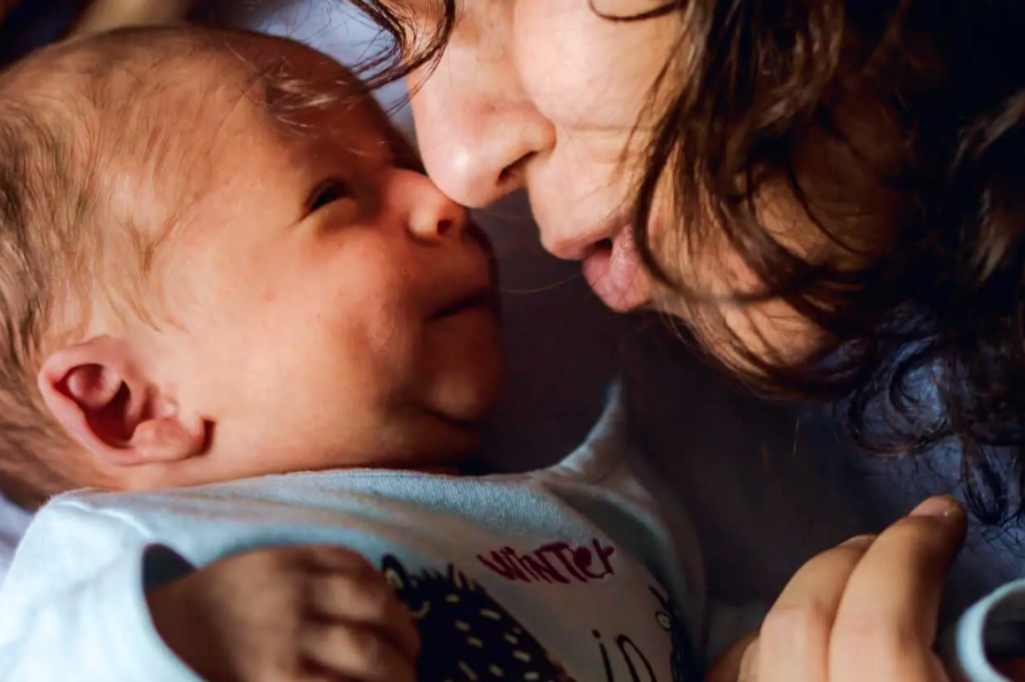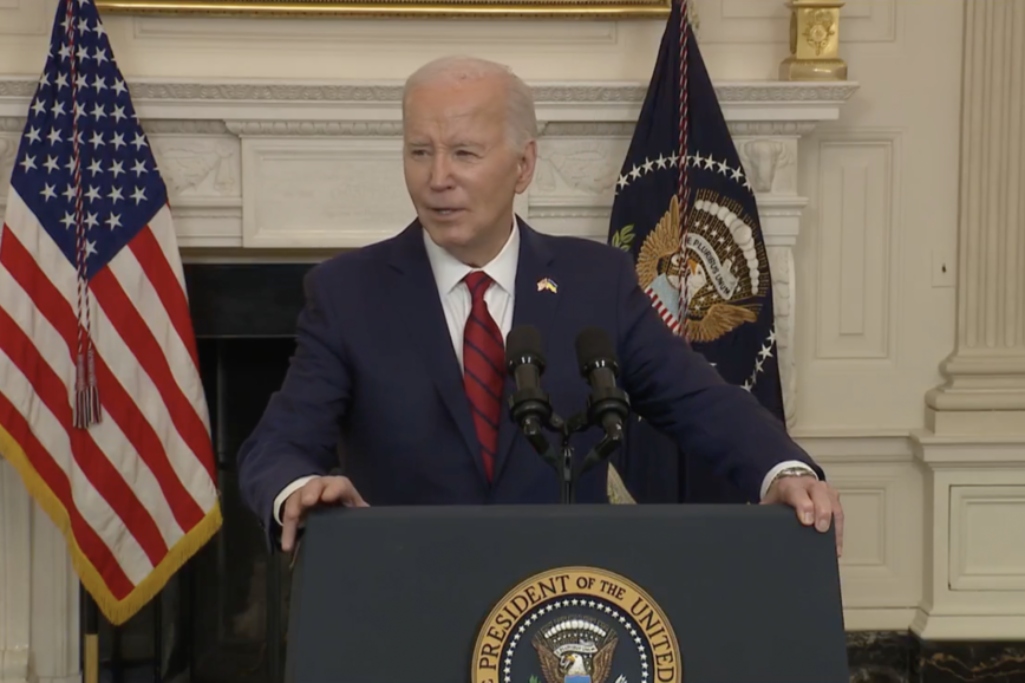
JERUSALEM (BP) — Nir Salomon, executive director of Efrat crisis pregnancy outreach in Israel, told Baptist Press of an unanticipated outcome of the Israel-Hamas War.
Husbands serving in battle began pressuring their expectant wives to have abortions. Their wives resisted, Salomon tells the story. But amid the uncertainties of war, the very same wives began to lose heart.
“And all of a sudden we get a phone call from the battlefield where the husband is calling us up and saying, ‘Our wives are about to have an abortion tomorrow or the next week,’” Salomon said. “They really give us the timing, and tell us, ‘You have to go to our home and tell her not to have an abortion. I’m fighting for my life, how can we not fight for our child’s life?’”
Such intervention is mother’s milk to Efrat, which Salomon said has given nearly 87,000 mothers the courage, support and nonjudgmental space to have their babies since Efrat’s founding in 1977.
“Just relax. Your husband wants the child. What do you want?” Salomon said was Efrat’s typical response to the soldiers’ wives. “And you can’t even imagine the outpour of emotions. We can’t imagine once these babies are born, how much joy that’s going to bring.”
Efrat, Hebrew for “fruitful,” provides emotional and financial support to mothers during their pregnancy and at least two years after delivery, providing all necessities of life. Oftentimes, mothers will stay in touch for decades.
The war has reignited relationships, Salomon said, estimating that 10,000 members of the Israel Defense Forces were saved from abortion 20 or more years ago.
Based in Jerusalem, Efrat helps women primarily in Israel, but also in Panama, Mexico, England and most recently the U.S.
In late 2023, Efrat opened a Jewish-run crisis pregnancy center in Davie, Fla., to serve women from across the nation. A social worker and educational classes are already available at the center in its soft launch, Salomon said, with additional services planned.
In Israel, the work of saving the lives of unborn babies happens outside politics and legislation. Women seeking abortions in Israel apply to the Ministry of Health for permission to terminate a pregnancy, and permission is generally granted.
Being under 18 or over 40, having survived rape or incest as defined by criminal law, pregnancies that endanger the mother’s life or cause physical or psychological harm, pregnancies outside of wedlock or unborn babies that may have a physical or mental defect are all reasons the Israeli government accepts on abortion applications.
Efrat has found a niche in helping women see their God-given ability to give birth and love and nurture their child, Salomon told Baptist Press.
“We know that every woman, when God creates that beautiful soul in her body to bring another human being into this world, every woman really wants to have her child, but many times are pressured otherwise” Salomon said. “But we do not get involved politically. We don’t take a religious stance either, because we just don’t believe that that is what is effective to help another woman and to bring another child into the world.”
Of the women who have sought Efrat’s help, Salomon said, 90% have given birth. When women consider abortion, Efrat shares the truth of God’s creation.
“She’s pregnant with another human being. She needs to understand that. Once she understands that, that’s not enough,” he said. “She needs to be in a place where she’s not pressured, so that her natural being can come out. And her natural being is somebody who was born in this world to be a mother.
“For those whom God has given that opportunity, we need to find a safe place to let them feel it.”
Many mothers tell their children of Efrat’s work, Salomon said, a fact more visible during the war.
“When the war started, all of a sudden stories came,” Salomon said, “that many years ago we were there to help save the lives of their children, and now those children are now fighting on behalf of the Israeli nation to be able to protect the lives of the nation.”
In one case, the father of a soldier Efrat saved from abortion contacted Salomon for help.
“You need to get thermal jackets to my son who is your son,” the father told Salomon. “You were there 20 years ago when my wife and I were struggling and you gave us support so we could have our son in safety and dignity. Now he needs your help.”
In addition to thermal jackets, Efrat is sending Israeli soldiers armored vests and helmets, advanced drones for surveillance and safety, state-of-the-art communication equipment, emergency medical kits, additional winter clothing, rain gear and underwear, Efrat said in a press release.
Despite abortion being legal in Israel, Efrat boasts of changing the tide of abortion there.
Statistics vary but show a downward trend, with an estimated 15,855 abortions there in 2023, compared to 16,410 in 2022, All Israel News reported.
“The abortion rate in Israel is significantly down, and the population in Israel has grown,” he said, “so there is something to be said to the fact that in Israel — I’m not talking about the United States — in Israel, anti-abortion legislation will not increase the birth rate.”
“And therefore, we have to increase our efforts so that more women know we’re there, more women know what an abortion is, more women know that we’ll be there by their sides and more men will know that they have a role to play — to be a strong husband and then also a wonderful father.”
(EDITOR’S NOTE — Diana Chandler is Baptist Press’ senior writer.)


